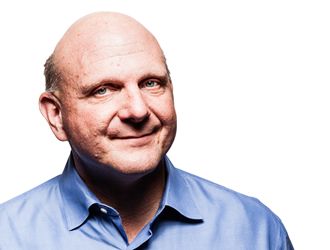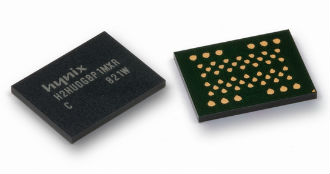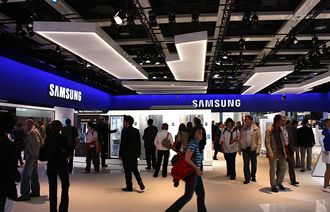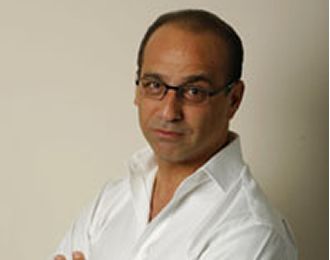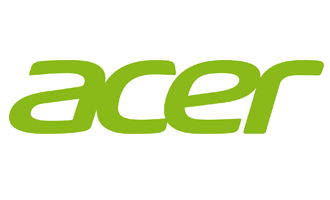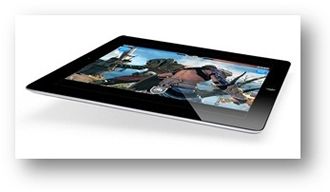 A high-class massage parlour in London is now accepting Bitcoins as payment for services rendered.
A high-class massage parlour in London is now accepting Bitcoins as payment for services rendered.
Ellie Young, marketing manager at Sensuous London, said she can see enormous potential for the use of crypto-currencies in their sector, although admitted there hadn’t been a huge demand for it as yet.
“As far as I can tell we are the first to make this available and we see a great deal of potential in the technology. We hope to create the demand and lead the way,” she said.
The ‘highly trained, professional masseuses’ of Sensuous London, provide what has been described to us as “a unique, five star luxury service, for the tourist, business and London communities”, and clients wishing to pay discreetly for the “high-end, sensual, tantric massage experience” on offer can now do so with Bitcoitus thanks to Payment Service Provider, BitPay.
In the adult services industry, taking payment via credit card is rare. Chiefly because of the risk to the service provider of the customer subsequently claiming the transaction was nothing to do with them, but was fraudulent. Crypto-currencies also mean there are no potentially embarrassing payments appearing on anyone’s bank statement.
“I’ve worked on dating websites in the past,” Ellie Young explained. “There are a lot of problems with credit card thieves testing stolen credit card numbers on dating sites. This results in a large number of charge-backs and refunds. This can lead to fines by the credit card companies and eventually to (the business) being blacklisted altogether.
“Bitcoin has the advantage that all payments are final and far more secure, so this couldn’t happen. There’s no credit card companies involved to refuse an account, blacklist us or refuse to work with an adult company in the first place. No merchant bank account is required. Transaction fees are much, much lower and there’s no currency conversion fees – handy when many clients are tourists or businessmen.”
Young went on to say that while it will be difficult to predict the demand for Bitcoin payments, although with growing public awareness, and acceptance, of alternative currencies, it looks like to grow.
Which sounds like a happy ending for everyone.
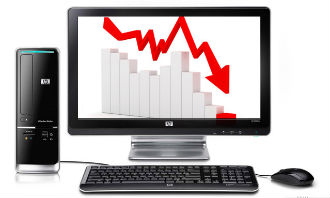 KMS Components has entered administration, with Deloitte acting for the company.
KMS Components has entered administration, with Deloitte acting for the company.


